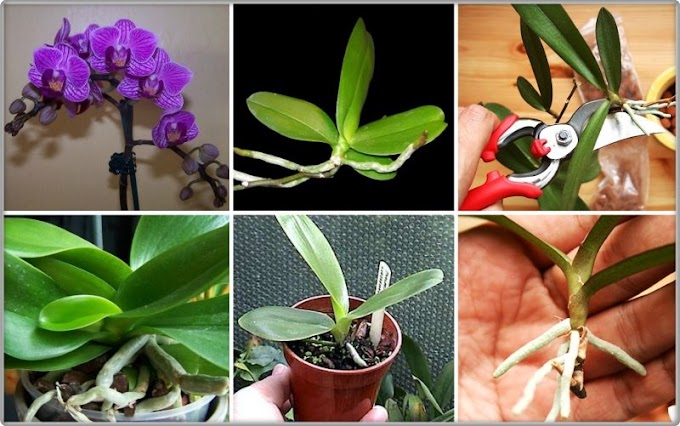Description:
Cotyledon
orbiculata is an extremely variable species that grows to approximately
1.3 m in height. It has gray-green leaves that can be up to 13 by 7 cm
with a white powdery substance on them that helps reflect sunlight and
conserve water. The shape of the leaves was thought to have a
resemblance to a pig's ear, thus the common name.
The
bell-shaped flowers are small, usually less than 3 cm in length, and
droop from the top of a 60 cm tall stalk. The flowers are usually
orange-red but yellow varieties also exist.
The brightly coloured flowers attract bees and birds, which feed on the nectar of the plant.
Scientific Classification:
| Common Names: | Silver Pig's Ears, Pig's Ear, Pig's Ears, Round-leafed Navel Wort, Round-leaved Cotyledon, White Lady | |
|---|---|---|
| Scientific Name: | Cotyledon orbiculata L. | |
| Family: | Crassulaceae | |
| Subfamily: | Sedoideae | |
| Genus: | Cotyledon | |
| Synonyms: | Cotyledon macrantha, Cotyledon mucronata, Cotyledon ovata, Cotyledon paniculata, Cotyledon papillaris, Cotyledon ramosa, Cotyledon ramosissima, Cotyledon tricuspidata, Adromischus mucronatus, Cotyledon ambigua, Cotyledon ausana, Cotyledon decussata, Cotyledon dielsii, Cotyledon elata, Cotyledon engleri, Cotyledon fourcadii, Cotyledon ungulata, Sedum decussatum, Sedum orbiculatum | |
| Temperature: | Hardiness zones USDA - 9b to 11b: from 25 °F (−3.9 °C) to 50 °F (+10 °C). | |
| Origin: | Cotyledon orbiculata is native to Swaziland and South Africa (Cape Province, Mpumalanga, KwaZulu-Natal). |
How to Grow and Care:
Cotyledons
can be divided into two groups. One group consists of evergreen plants
with a summer growing period. The other group is made up of deciduous
plants, splendidly magnificent with large, solid fleshy stems. The
second group grows during the winter, and sheds its leaves during the
summer.
Cotyledons require a free-draining gritty mix and plenty of sun. They are tolerant of cool, frost-free conditions during the winter if kept dry. Some require pruning to maintain an attractive shape. Cotyledons should be kept in a sunny position. Follow general succulent watering procedures. Be careful of over-watering when they are deciduous.
 |
| source pic: wikipedia.org |
 |
| source: etsy.com |
As succulents go, Cotyledons certainly are rewarding garden and indoor subjects, practically independent of irrigation in all but full desert conditions, though they cannot survive poor light or bad drainage in the wet. Feed it once or twice during the growing season with a fertilizer specifically formulated for cactus and succulents (poor in nitrogen), including all micro nutrients and trace elements diluted to ½ the strength recommended on the label.
- Jump To:
- Succulentopedia
- Cotyledon
- General Care




